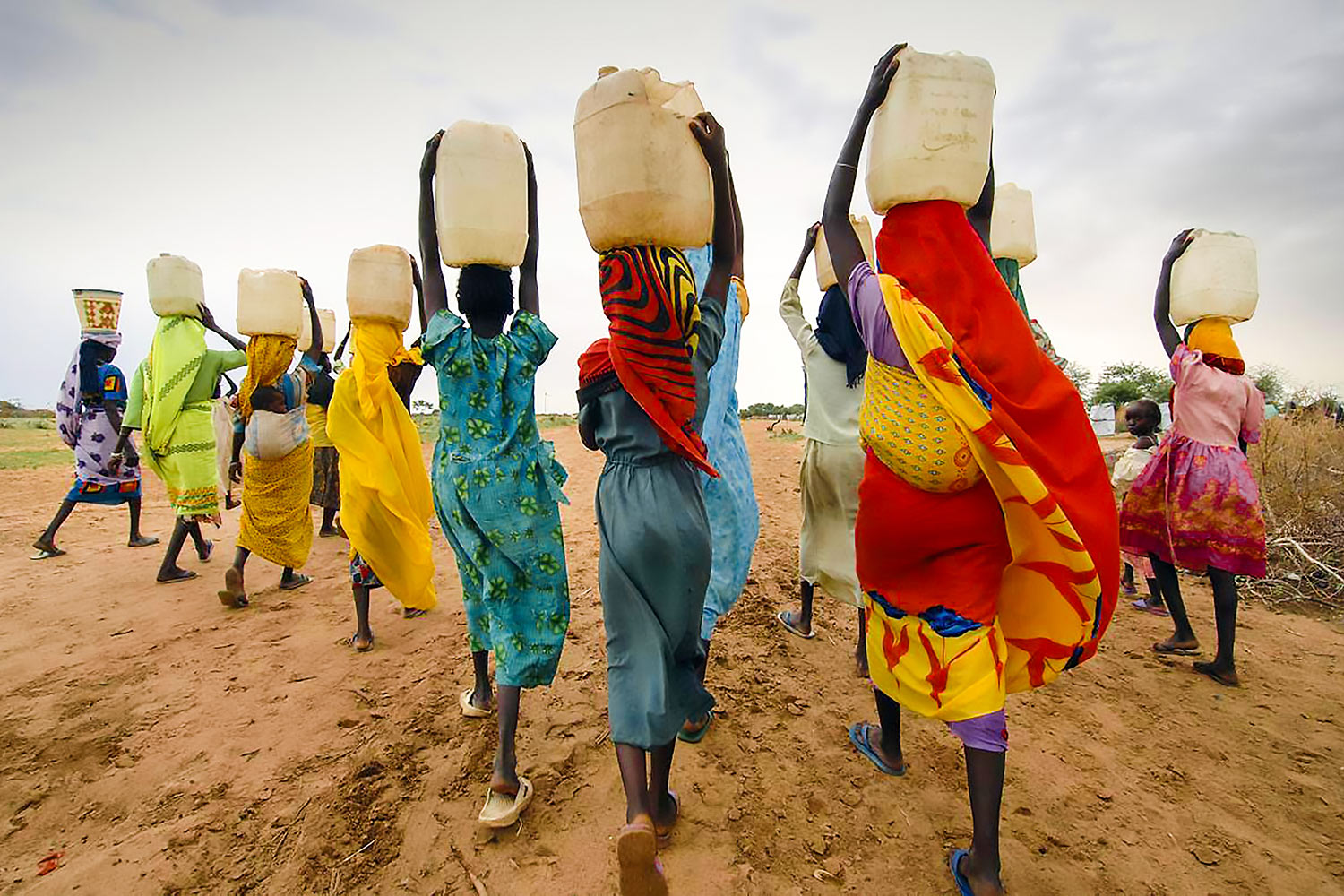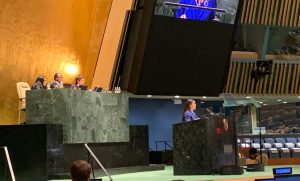To improve water governance, we need to take a close look at gender roles. While women and girls shoulder the main responsibility for collecting water, men are more likely to be making water decisions. This needs to change.
There is a strong argument to be made that more women are needed in water diplomacy and peacebuilding. Between 1990 and 2017, women constituted only 2 per cent of mediators, 8 per cent of negotiators and 5 per cent of witnesses in all major peace processes. Yet, peace agreements signed by women seem more likely to lead to lasting results – the likelihood that an agreement lasts more than 15 years increases by 35 per cent if it is signed by both men and women.
Inclusive decision-making
Inclusive decision-making is, therefore, a shared interest and responsibility, but how can it be achieved?
- Knowledge is key. Water decisions are not sustainable if the needs and experiences of half the population are not reflected.
- Educate boys and men about the gender bias. They must understand how they are influenced by and can influence norms and attitudes related to gender.
- Provide more gender-disaggregated data.This can contribute to better informed decisions.
- More women are needed in the water sector. In developing countries, they still make up less than 17 per cent of the WASH workforce.
- Combat discrimination. As highlighted in the 2016 World Water Development Report Water and Jobs, women are often not given the same opportunities for training and promotions that would enable them to take on more responsibilities.
- Strengthen women’s legal rights to land. The fact that women often have less secure land and resource rights than men can also be an obstacle to their participation since land tenure can be a requirement for such participation at a local level.
- Consider the diversity of gender identities. Transgender men and women, as well as people with other non-binary or gender-queer identities, can also experience exclusion and discrimination based on concepts of gender.
Equal rights for all
Effective water governance needs to confront outdated social norms and the inefficiencies they lead to. Women and men, girls and boys, members of gender minorities, we must all have equal rights, conditions, and opportunities, with a chance to influence important water decisions. Only then will we reach the goal of equal access to water for all.












